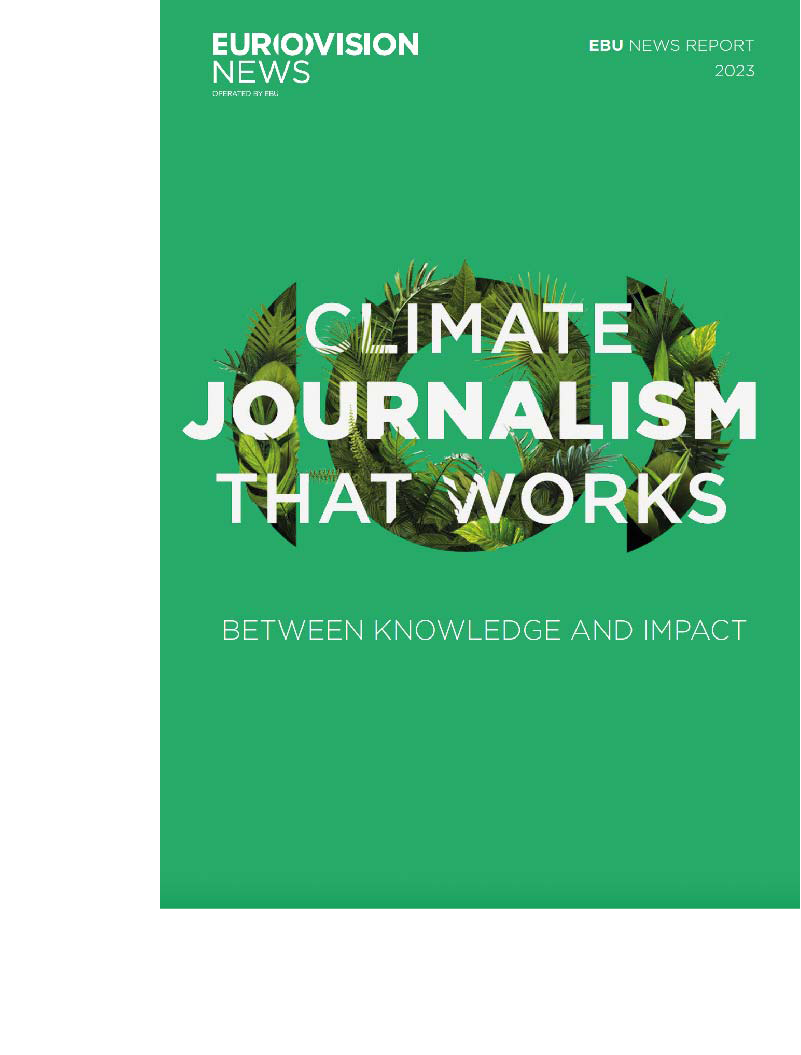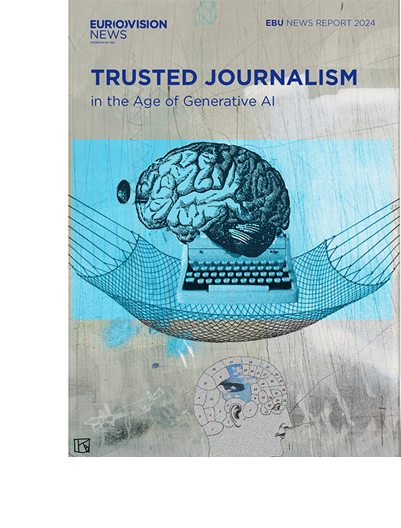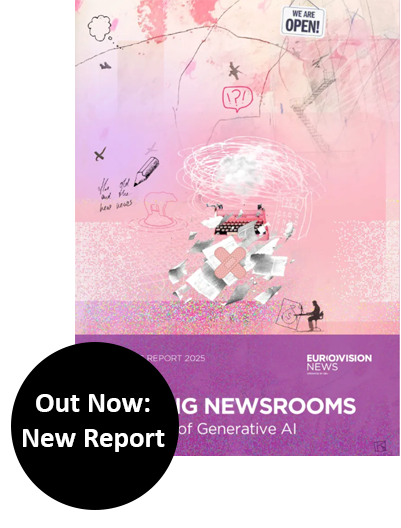Newsrooms are split between sophisticated AI projects and journalists who have no clue what’s happening down the hall, says Alexandra Borchardt. Her advice? Start with strategy, not tech—and maybe listen to some birds once in a while. This is what she told Ole Reissmann, AI Director of DER SPIEGEL, who publishes a newsletter on AI in the Newsroom.
What’s the most important question right now?
The most important thing is to have a strategy at all – or better put: to have strategies. You need a business strategy: How do you want to show up in that AI-mediated world of information and communication and survive there economically?
You need an audience strategy: Which audiences do you want to serve and what is your unique value proposition for them? And you need a talent strategy: What kind of talent do I need for this and how do I train, recruit and retain it?
And then you need to follow up with all the steps that feed into your strategy: prepare your data, develop and test use cases, reimagine workflows and so on. It is not about primarily about tech but about strategy and smart change management.
Are we taking AI seriously enough?
Yes and no – and you have to distinguish between the internal and the external view. Externally, the media needs to ramp up reporting – not only in the tech section but in every beat ranging from the business section to politics, science and education. Statistics show that users are taking to AI in unprecedented numbers and even more so in their private lives than at work. This needs to be reflected in in nuanced reporting about opportunities and risks, about power and control.
Internally, I observe a split into two worlds: There are very sophisticated projects, responses, and discussions in many media companies, way more so than I had experienced with the initial digital transformation. But I also talk to seasoned, incredibly sophisticated journalists who don’t seem to have a clue about what’s being discussed in other parts of their companies and in the industry’s media-AI-bubble. And then, of course, there are media managers who are still pursuing their same old thing, who haven’t heard the shot – which is a problem of ignorance, not of noise.
What’s a good hobby to pick up?
Anything offline. Being in nature listening to birds instead of podcasts. Devouring centuries-old art and architecture, the richness of imagination, craft and love for beauty that they can exude. This is important to not get carried away with assumptions and predictions about tech and what it can potentially do, to not fall into the trap of expecting linear developments. It keeps us connected with human needs that have persisted throughout the centuries and with reality.
Widely underreported aspects of AI are its vast needs for resources and energy that might not correspond to what the planet has to offer or what is geopolitically realistic. A sense of humility serves us humans well. I also recommend knitting. Because you can’t grab your smartphone once both hands are engaged.
This text was published on 22nd June 2025 in Ole Reißmanns Newsletter “The Future: Fakecasts and Rainbow Sparkles.“



